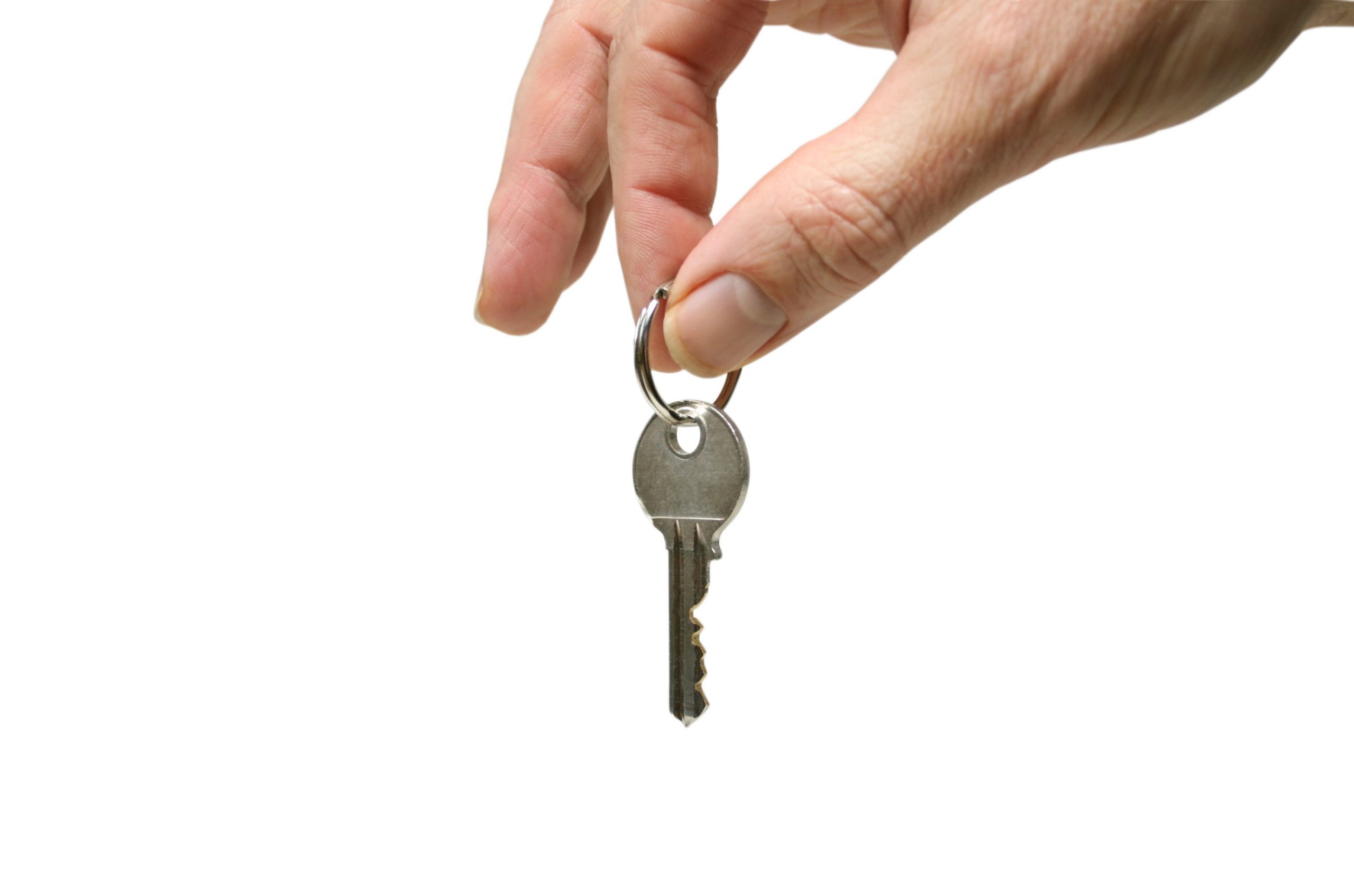Buying your first home is an exciting milestone but can also be a daunting process filled with unfamiliar terms and procedures. Whether you dream of a cozy urban apartment or a charming suburban house, this guide aims to make your home-buying journey smoother and more manageable.
Why Buy Instead of Rent?
Building Equity
When you buy a home, every mortgage payment you make builds equity. Unlike renting, where payments go directly to your landlord, owning a house allows you to invest in an asset that appreciate over time. This equity can become a significant part of your financial portfolio, providing stability and opportunities for future investments.
Stability and Control
Homeownership provides a sense of stability. You’re not at the mercy of a landlord’s decisions and have complete control over your space. Want to paint the walls bright yellow? Go for it. Are you thinking about renovating the kitchen? You can do that too. This control over your environment is one of the most satisfying aspects of owning a home.
Potential Tax Benefits
Depending on your country, homeownership may offer various tax benefits. For instance, in the United States, homeowners can often deduct mortgage interest and property taxes on their tax returns. These deductions make owning a home more affordable than you might initially think.
Determining Your Budget
Assess Your Financial Health
Before you start house hunting, assessing your financial health is crucial. This includes looking at your income, savings, and current debt levels. Use these figures to determine how much you can spend on a house without stretching your finances too thin.
Understanding Mortgage Pre-Approval
Getting pre-approved for a mortgage gives you a clear idea of how much you can borrow, which helps narrow your home search. It also shows sellers that you are a serious buyer, which can be advantageous in a competitive market. To get pre-approved, you must provide financial documents like pay stubs, tax returns, and bank statements.
Budgeting for Additional Costs
Buying a home involves more than just the purchase price. You’ll also need to budget for closing costs, property taxes, homeowners insurance, and potential maintenance or renovation expenses. It’s essential to factor these additional costs into your budget to avoid any financial surprises.
Common Home Buying Questions
1. What kind of credit score do I need to have?
Generally, 630 or above is what you’ll want to have. The better your score, the better the terms will be on your loan. Depending on the circumstances, some lenders may give you wiggle room on this. A loan professional can help you navigate this as you go.
2. How much of a down payment is required?
There are loans that will let you in for as low as 3%—5% of the value of the home, but I would consider 5% to be the floor. More is better, especially if your credit could be more optimal. Working with a loan officer will help.
Now, if you can put 20% down, there are benefits. You will have a smaller monthly mortgage payment and lower interest rate, and you will not need private mortgage insurance.
Here is a list of a few tips that can help you conquer saving for a down payment:
- Find out where your money goes. Track each expenditure, no matter how small. Where are you spending cash?
- Set up a separate savings account. Don’t let your dream home money mingle with your regular checking or savings account. Have a separate account with a “hands-off” attitude.
- Pretend you already have a house payment. Once you determine the approximate amount of a new house payment, start making that payment now. Instead of paying the bank, pay your savings account.
3. What’s the first step to home buying?
Getting pre-approval for a mortgage is the first step. Only shop for a home once you know what you can afford. There’s no use in falling in love with a $300,000 home in your dream neighborhood if the banks will only write you a loan of $150,000.
4. How much do I have to pay my real estate agent?
As a buyer, you don’t have to pay your real estate agent. The seller is responsible for listing fees, and a portion of those fees will be paid to your agent, who helps with the transaction.
5. Why should I use a real estate agent?
Like a lawyer, doctor, or other professional hired to represent your interests, the agent will not only advise you about the transaction but will protect and facilitate the process.
6. How long does it take to buy a house?
After you find the home you want to buy, it usually takes between 30 and 45 days to buy a home. However, the home search can take longer, so have a clear idea of what you’re looking for and can afford. (Your agent can help you with this. Another reason to have one on your side!)
Buying your first home is an exciting and rewarding experience, but it comes with challenges and responsibilities. By understanding the home-buying process, setting a realistic budget, and planning for the future, you can make informed decisions that benefit you in the long run. Remember, you don’t have to go through this process alone. Consult with professionals, lean on your support network, and utilize resources available to first-time homebuyers.
Ready to take the next step? Start your home-buying journey today and discover the joy of owning your home! Contact me at (928) 710-9148.


 Facebook
Facebook
 X
X
 Pinterest
Pinterest
 Copy Link
Copy Link


